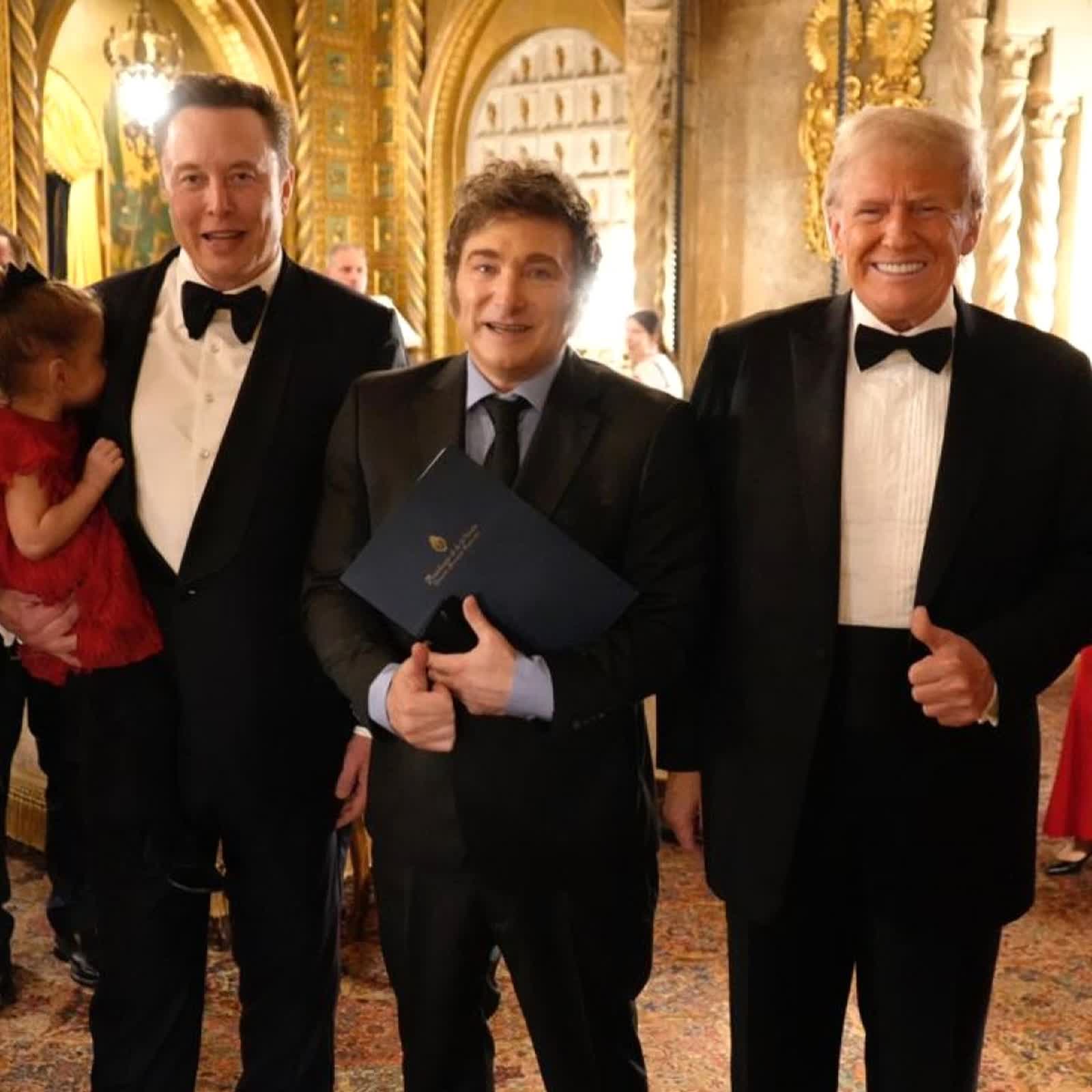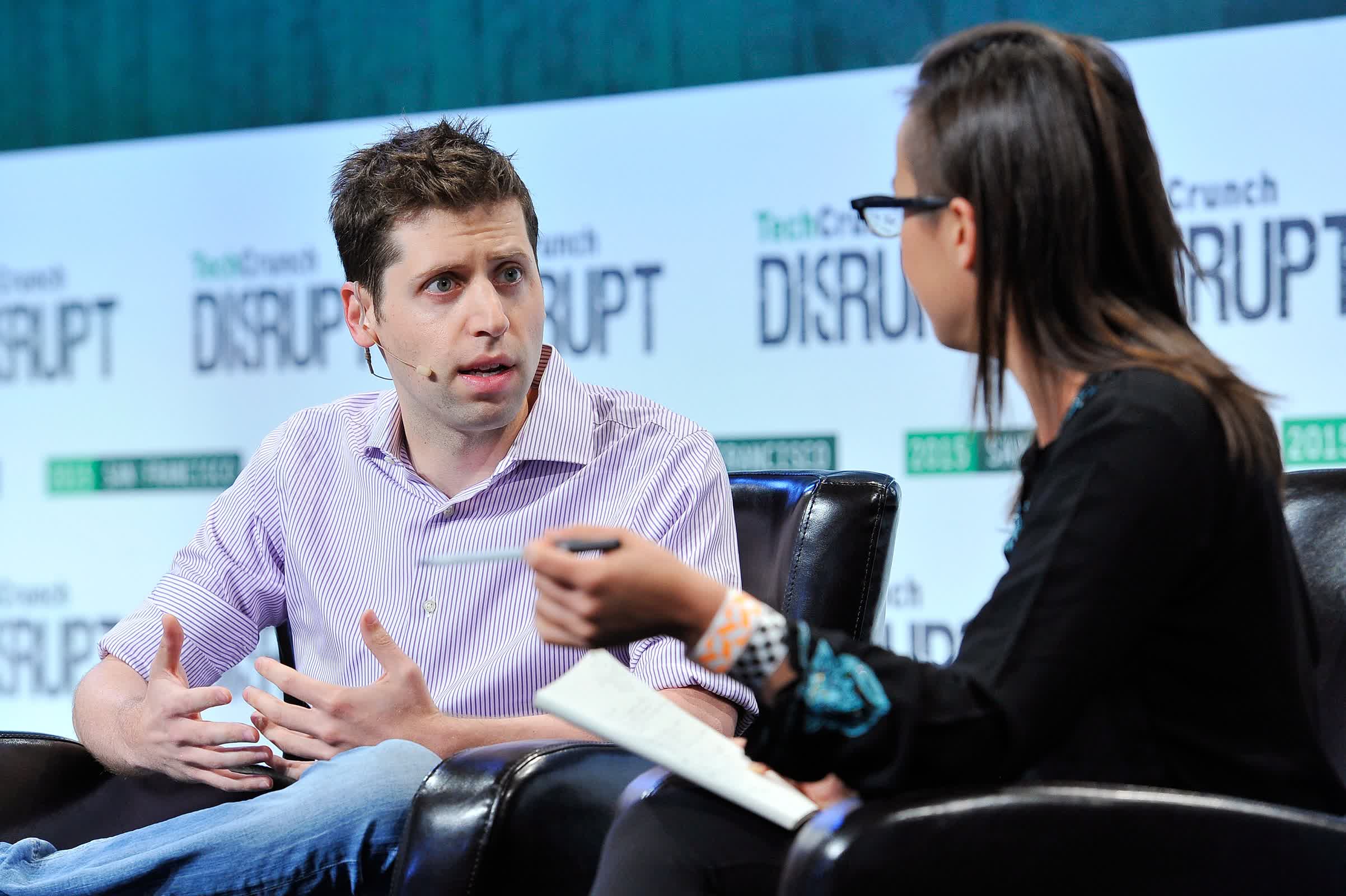In brief: As political dynamics shift in Washington, a new alliance is taking shape. Sam Altman, chief executive of OpenAI, has quickly become a key adviser on artificial intelligence policy for President Trump, stepping into the role recently left vacant by Elon Musk.
Less than a month after Musk – formerly a fixture in Trump's inner circle – dramatically split with the president, Altman appeared at Trump's New Jersey golf course. Following a lengthy one-on-one meeting, Trump introduced Altman to a gathering of top donors, calling him "a very brilliant man" and adding, "I hope he's right about AI." The embrace marked a reversal for Altman, who just a few years ago was a vocal critic of the president and a consistent supporter of Democratic candidates.
OpenAI's strategy has included forging infrastructure deals and cultivating ties with the administration – moves Altman pursued while distancing himself from Musk and his increasingly public feud with both OpenAI and the White House. These efforts coincided with Altman's public break with the Democratic Party. On July 4, he announced on X that he was no longer a Democrat, writing that the party had moved so far left it had left him "politically homeless." Altman quietly built connections in Washington and began lobbying for broad federal support of AI development.

For years, Altman's political stance aligned with the progressive values common in Silicon Valley, mainly supporting Democratic candidates and causes. In 2016, he publicly criticized Trump, describing him as a dangerous and unpredictable "threat to America" whose time in office he believed would harm the economy.
Altman's views gradually diverged from Democratic policies, particularly on Covid-era economic stimulus and AI regulation. He viewed the CHIPS and Science Act as inadequate and criticized export controls on semiconductors, which complicated OpenAI's efforts to expand globally. Moreover, his growing disillusionment with the Democratic approach, combined with concerns about falling behind China in AI development, pushed him to seek common ground with Republicans.
Behind the scenes, OpenAI recalibrated its strategy, appealing to Trump's interest in ensuring the US stays ahead of China in AI. The company showcased advanced, unreleased technologies like its text-to-video generator, Sora. Additionally, OpenAI lobbied for federal investments in AI data centers and sought relief from local regulatory hurdles.
Trump's public statements soon began to reflect these talking points. He told a popular podcaster about the importance of US leadership in AI and emphasized the need to eliminate bureaucratic obstacles to meet the industry's enormous electricity demands. By July's Republican National Convention, a government-backed AI infrastructure initiative had become a central plank in the president's platform.
watching @potus more carefully recently has really changed my perspective on him (i wish i had done more of my own thinking and definitely fell in the npc trap).
– Sam Altman (@sama) January 23, 2025
i'm not going to agree with him on everything, but i think he will be incredible for the country in many ways!
The push for infrastructure culminated in the Stargate initiative. Shortly after the inauguration, Altman appeared with Trump in the Oval Office to announce a $500 billion partnership with Oracle and SoftBank to expand AI data centers. The move reportedly caught Musk off guard and sparked a wave of criticism on social media.
With backing from the Trump administration, OpenAI unveiled plans to build a five-gigawatt data center campus in Abu Dhabi through a partnership with local tech firm G42 – a deal Musk's lobbying nearly derailed. Meanwhile, other policies aligned with Altman's aims moved forward, including executive orders to streamline permitting for energy and data center projects and proposals to allocate federal land for AI infrastructure.
Altman's evolution from critic to confidant came alongside public reflections on his worldview. On X, he declared his belief in techno-capitalism, arguing that markets and science drive progress and improve lives. He said society should encourage wealth creation while also finding ways to distribute it and share the benefits of capitalism. Altman emphasized that his break with the Democrats did not signal support for the GOP, but reflected his sense of being "politically homeless."
Altman will address the Federal Reserve later this month on the economic impact of AI – a clear sign of his growing influence in both policy and technology circles. Whether this partnership reshapes the future of AI in the US and beyond remains uncertain. For now, Sam Altman has firmly positioned himself at the center of America's AI agenda.
